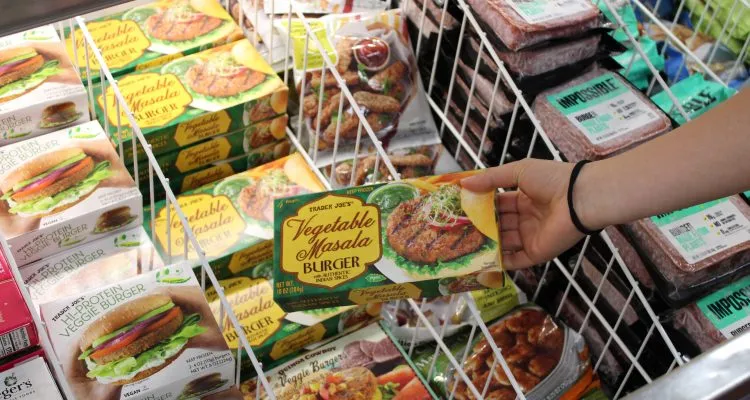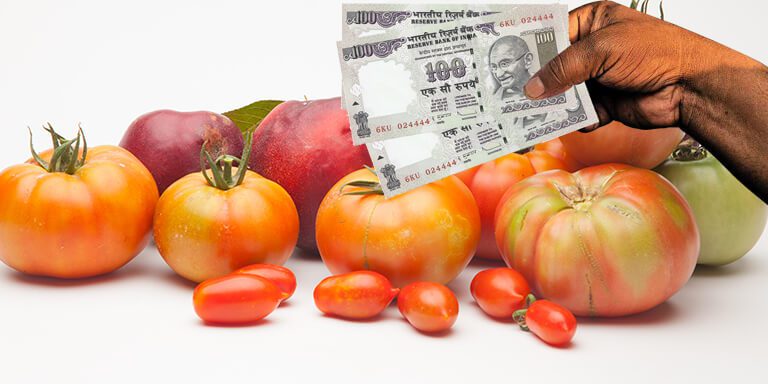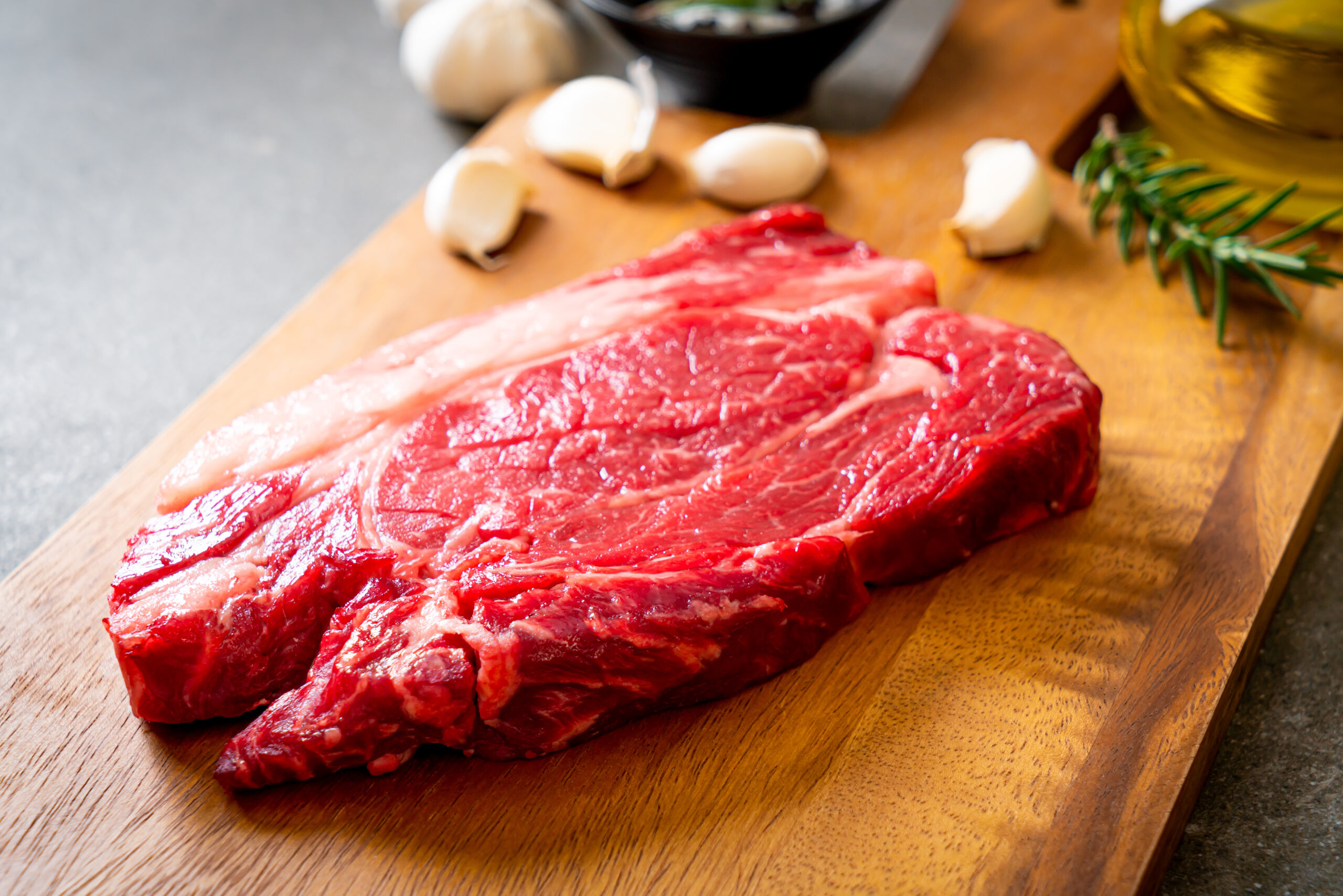Quotes from GoingPublic.de, April 9, 2024
Currently, livestock farming occupies 80% of available agricultural land, which poses a significant challenge in scaling up to satisfy the projected 78% surge in protein requirements anticipated by 2050. It is imperative to adopt secure, healthful, and eco-friendly alternatives to nourish the expanding global populace. Beyond the conventional protein sources that are less environmentally taxing than animal-based options, emerging proteins created through biotechnological methods show promise for large-scale production, as recent research indicates. The question remains, however, what steps must be taken to harness this potential in the forthcoming years?

Research by the investment bank Bryan, Garnier & Co has highlighted that advancements in science and technology are revealing significant untapped opportunities for fermentation processes beyond their historical applications. For ages, fermentation has involved employing microorganisms to alter food products, a method integral to creating cheese and beer. However, modern scientific and technological progress has revitalized these traditional techniques. Through enzymatic reactions, it’s now possible to produce specific ingredients; for instance, the company Bonumose has successfully produced the uncommon sugar tagatose using this updated approach.
** To access the complete text, please click here **









